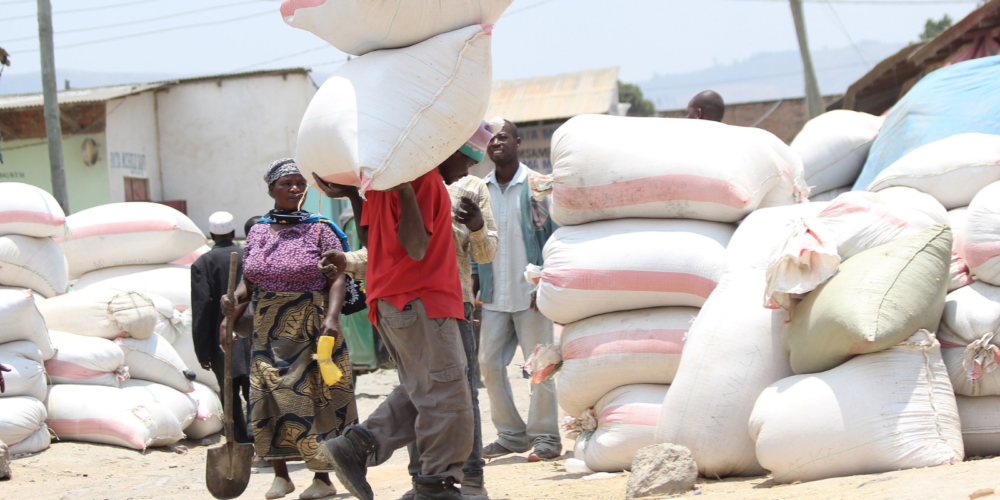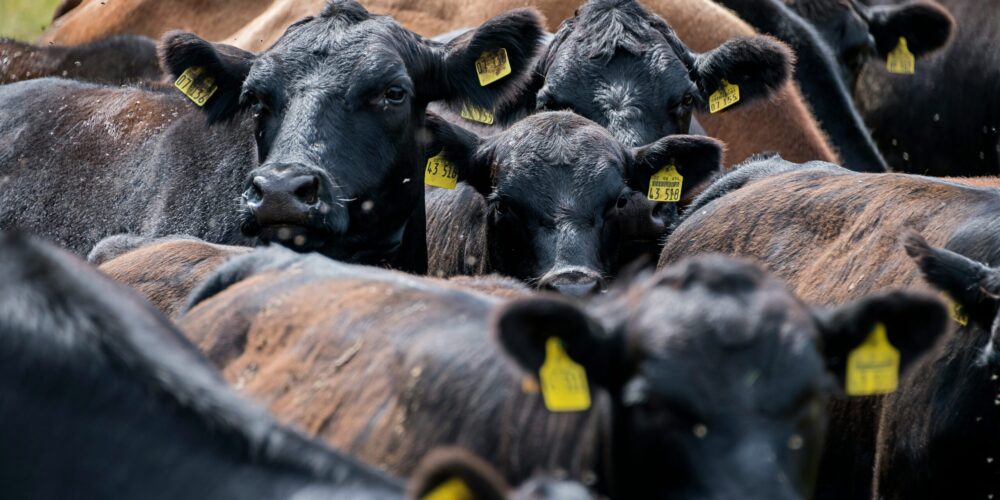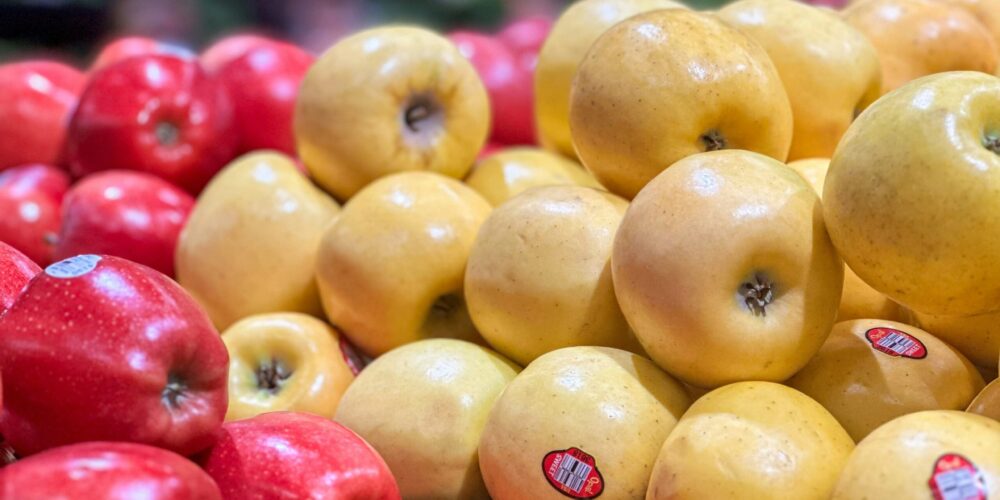Recent developments in Namibia have garnered attention, with several local articles…

Africa’s Ambitious Drive Towards Rice Self-Sufficiency and Export Capability
The narrative of Africa’s agriculture has traditionally been framed by images of subsistence farming. However, recent years have seen a shift with countries adopting more structured approaches to increase agricultural output and reduce food imports. This shift is most noticeable in the rice sector, where countries are leveraging advancements in agricultural technology and policy reforms to boost production.
Across sub-Saharan Africa, rice is becoming increasingly significant due to its adaptability to various agro-ecological zones and its role in combating food insecurity. The International Rice Research Institute (IRRI) and AfricaRice have been instrumental, introducing stress-tolerant varieties that promise higher yields and resilience against climate adversities. These efforts have led to a doubling of rice production over the past decade, signaling the potential for Africa not only to meet its own needs but also to emerge as a significant player in the global rice market.
Focus on Burkina Faso
In Burkina Faso, a country better known for its cotton, the story of rice is burgeoning with promise. The government, in collaboration with international agencies, has been pushing for greater rice production through the implementation of enhanced irrigation schemes and the introduction of high-yield rice varieties. This has resulted in substantial gains in rice output, reducing the import burden and moving the country closer to food self-sufficiency.
Yet, the journey is not without challenges. Burkina Faso faces logistical and infrastructural hurdles that hinder market access and competitiveness. Addressing these will be critical for transitioning from subsistence to commercial rice production and for attracting the necessary investment to scale up operations.
Nigeria’s Rice Market Transformation
Nigeria, Africa’s most populous nation, exemplifies the transformative potential of focused agricultural policies. With a longstanding dependence on rice imports that strained its foreign reserves, Nigeria has adopted aggressive measures to ramp up domestic production. The government’s ban on rice imports, despite being controversial, has ignited a substantial increase in local production and investment in milling and processing capabilities.
In 2024, Nigeria’s rice imports are forecasted to be among the highest globally due to persistent high local prices and quality concerns. However, rice production has seen substantial growth thanks to initiatives aimed at boosting agricultural output and reducing import dependency. The country’s modest rice exports, totaling about $151k in 2022, are set to expand as production capacities grow. Main export destinations currently include neighboring countries and markets further afield like Canada and the UK.
This growth opens up new avenues for exporters and agro-processors, presenting a lucrative opportunity to tap into international markets. The burgeoning production capabilities mean Nigeria could soon expand into new markets, attracting local business and foreign investment interested in the rice sector.
The Way Forward
As African nations like Burkina Faso and Nigeria enhance their rice production capabilities, the opportunities for economic growth and regional trade intensify. The potential for these countries to turn into rice-exporting nations is palpable. However, realizing this potential will require continued government support, investment in agricultural technology, and improvements in infrastructure.
Moreover, fostering regional cooperation on agricultural policies and trade could provide additional impetus to the rice sector’s growth. By harmonizing standards and facilitating cross-border trade, African countries can better leverage their collective strengths in the global agricultural arena.
With sustained efforts, the continent could transition from a net importer to a net exporter of rice, achieving not only food security but also economic resilience and a stronger position in the global market. Market Access Africa aims to connect buyers to these sellers. If you are rice producer or if you are an agro-processor looking to connect to with rice sellers, contact eventhost@agricouncil.org


